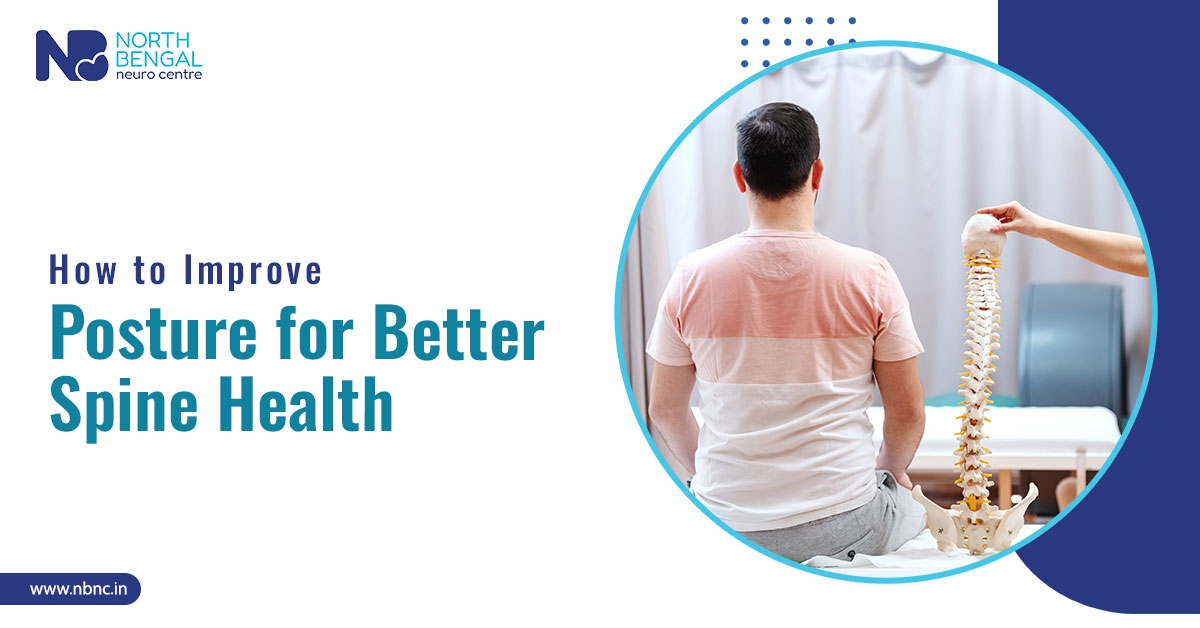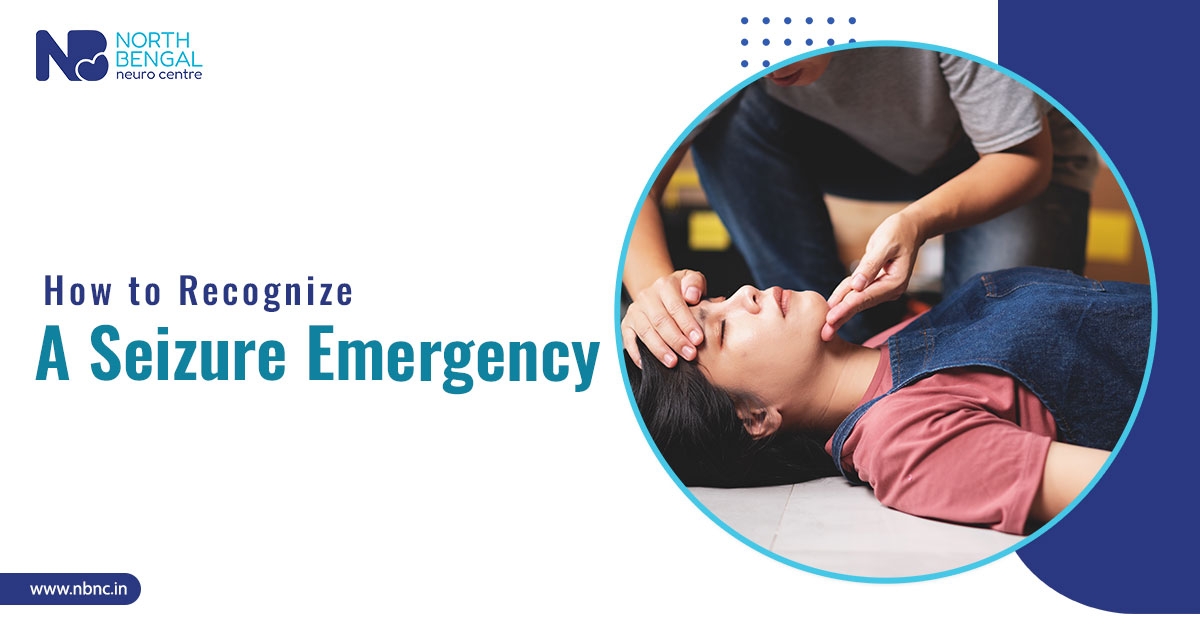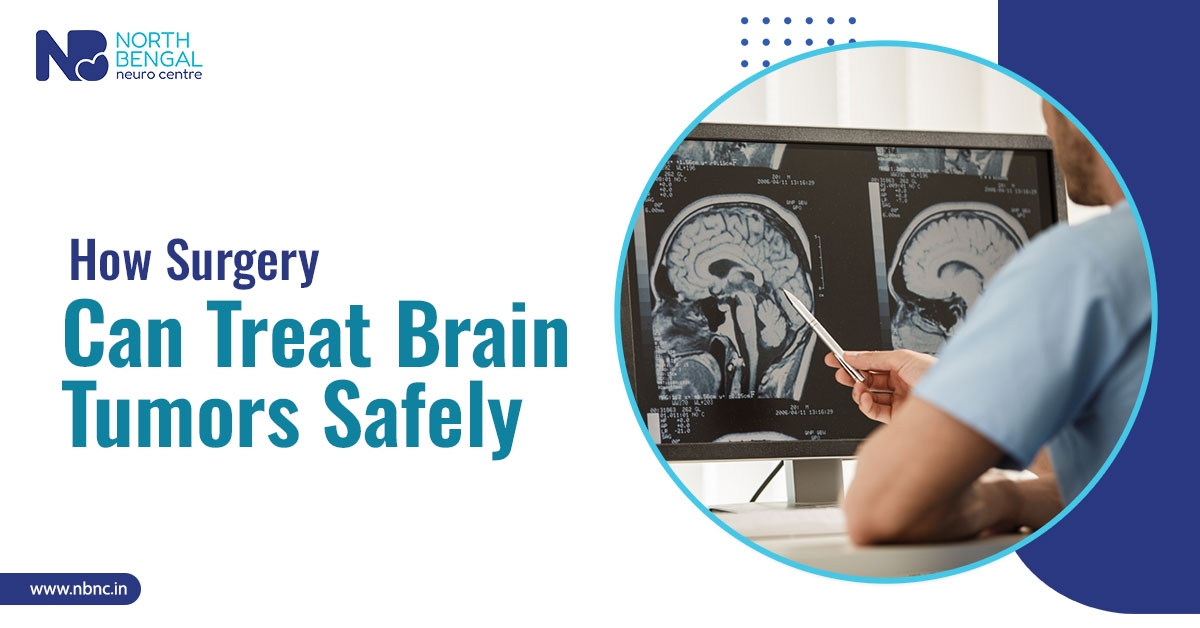Obesity has become a common disorder among people due to the sedentary lifestyle. You will be amazed to know that India ranks third in the list of top obese countries after the US and China. Almost 70% of people in the urban population are suffering from obesity where their BMI index is above 25. Apart from just being overweight, obesity plays a major role in increasing the risk of various disorders including heart disease. If you’re obese and experiencing the early signs of heart issues then without any delay schedule a consultation with the best cardiologist in Siliguri.
As compared to people with normal weight, overweight or obese people have higher chances of developing cardiovascular diseases. This can also reduce your lifespan while increasing your risk of affecting heart health at a younger age. You must know that those extra pounds in your body are a major risk factor for heart issues that put excessive pressure on your heart while deteriorating its normal functioning. It is always vital to shed extra weight and maintain a proper BMI index to ensure heart health.
Impacts of Obesity On Your Heart Health
- Heart failure
Obesity increases your risk of heart failure as the body fat in your body is associated with enhanced blood volume. This increased blood volume often provides excessive pressure to your heart for proper circulation. You must know that this extra effort taken by your heart significantly leads to structural changes in the pumping chambers or ventricles while leading to heart failure. The increased stress on your heart especially during the relaxation phase of the cardiac cycle is the main reason behind the heart failure symptoms.
- Atherosclerosis
Atherosclerosis is another serious heart disease that can also be caused due to obesity. This risk is especially increased when the fat percentage in the abdominal areas is higher which can raise levels of inflammation and insulin resistance. Remember that both of these factors associated with obesity are the main risk factors behind atherosclerosis. In this condition, plaque builds up in the arterial walls of the heart causing a decrease in normal blood flow. The chances of coronary artery disease increase due to atherosclerosis.
-
High blood pressure
Most people suffering from obesity have high blood pressure which also leads to heart issues. Remember that your blood pressure mainly increases due to the high amount of fat tissues and its impact on your body. If the high blood pressure is left untreated for a longer time then it can stiffen the arteries and cause plaque build-up. As a result, you will start experiencing the symptoms of atherosclerosis. You must note that the heart muscles start to thicken due to blood pressure which significantly increases the risk of heart attack, heart failure, and coronary heart disease.
- Heart rhythm problems
Heart rhythm issues are also common among obese people. One of the most common types of arrhythmias that can affect obese people is atrial fibrillation, which needs immediate treatment from the best heart specialist in Siliguri. The structural changes inside the heart impacting the electrical signaling for the heartbeat are considered the main reason behind atrial fibrillation. Additionally, increased inflammation, high-fat deposits, blood volume changes, and other obesity-related issues can also cause this problem. Untreated atrial fibrillation can often increase the formation of blood clots, which will further lead to stroke.
- Sleep apnea
Obesity is related to high chances of heart disease, which is also caused due to sleep apnea. The episodes of apnea are higher among obese people which often leads to a significant increase in blood pressure. It becomes also difficult for the doctor to control high blood pressure when you’re suffering from sleep apnea. As a result, it will make your heart work harder while raising the chances of heart failure. Cholesterol abnormalities, metabolic syndrome, and pre-diabetes are some of the other problems that obese people suffering from sleep apnea may experience.
- Diabetes-related heart issues
Over time, diabetes increases the probability of suffering from diabetes. Diabetes is often considered a silent killer that has a significant impact on all of your organs including the heart. If you are suffering from diabetes then the risks of diabetes-related heart issues also increase. High blood sugar has been found to impact the functioning of the nerves inside the heart as well as the blood vessels. You must know that adults suffering from diabetes are more likely to experience stroke or heart disease as compared to people who don’t have diabetes.
- High cholesterol levels
Most of the people suffering from obesity also experience a sudden spike in cholesterol levels. These changes in triglyceride and bad cholesterol levels are also associated with heart issues. Another thing that you must know is that obesity not only increases bad cholesterol but it also decreases the levels of high-density lipoproteins (HDL) cholesterol. This is a type of good cholesterol that can help in reducing the risk of heart disease by removing the bad cholesterol. When the HDL levels are higher your heart becomes surrounded by bad cholesterol.
- Benefits of Losing Weight For Your Heart
Losing the extra pounds from your body can have huge benefits for your heart health. You must know that people who are continuously taking initiative and following a healthy lifestyle to lose weight have lower chances of suffering from heart disease. Even modest weight loss has been associated with improvements in cholesterol, diabetes, blood pressure, and A1C levels.
Herein, it is advised for you to aim for at least a 10-15% reduction in total body weight to ensure your heart health. To know the best measures to lose weight and reduce the chances of heart issues, you must schedule a consultation with a renowned cardiologist in Siliguri.
Effective Ways To Manage Obesity And Reduce Its Impact On Heart
1. Detect the triggers
The cardiologist may recommend various measures to control obesity and its impact on the heart. One such measure is to detect the triggers which are increasing your urge to indulge in unhealthy food habits. In most cases, feeling stressed or depressed can be the main reason behind it.
2. Increase physical activity
The best choice to lose weight is to increase your physical activity levels. Trying moderate intensity and cardio exercises every day will not only reduce weight but can also strengthen your heart.
3. Follow a healthy diet
To lose weight, it is vital for you to follow a healthy diet. Some of the food items that you must include in your diet to ensure optimal health are whole grains, fresh fruits and vegetables, protein, healthy fats, and low-fat dairy.
4. Control portion sizes
Along with making healthier food choices, you must also be careful about your portion sizes. It is always advised by the doctor to limit your portion size and avoid foods with high calories to maintain normal body weight.
5. Consult the doctor
Before starting any weight loss regime, it is always a better idea to speak with the doctor. Everyone’s body is different so the doctor needs to evaluate your health needs and then recommend an exercise as well as diet chart.
Your body shape and fat around the waist play a major role in understanding your risk of developing heart issues. Contact the best cardiologist in Siliguri if your BMI index is constantly increasing and you have started experiencing heart-related issues such as pounding heart, chest pain, and heartburn.
Comments (0)





